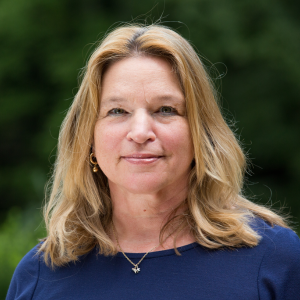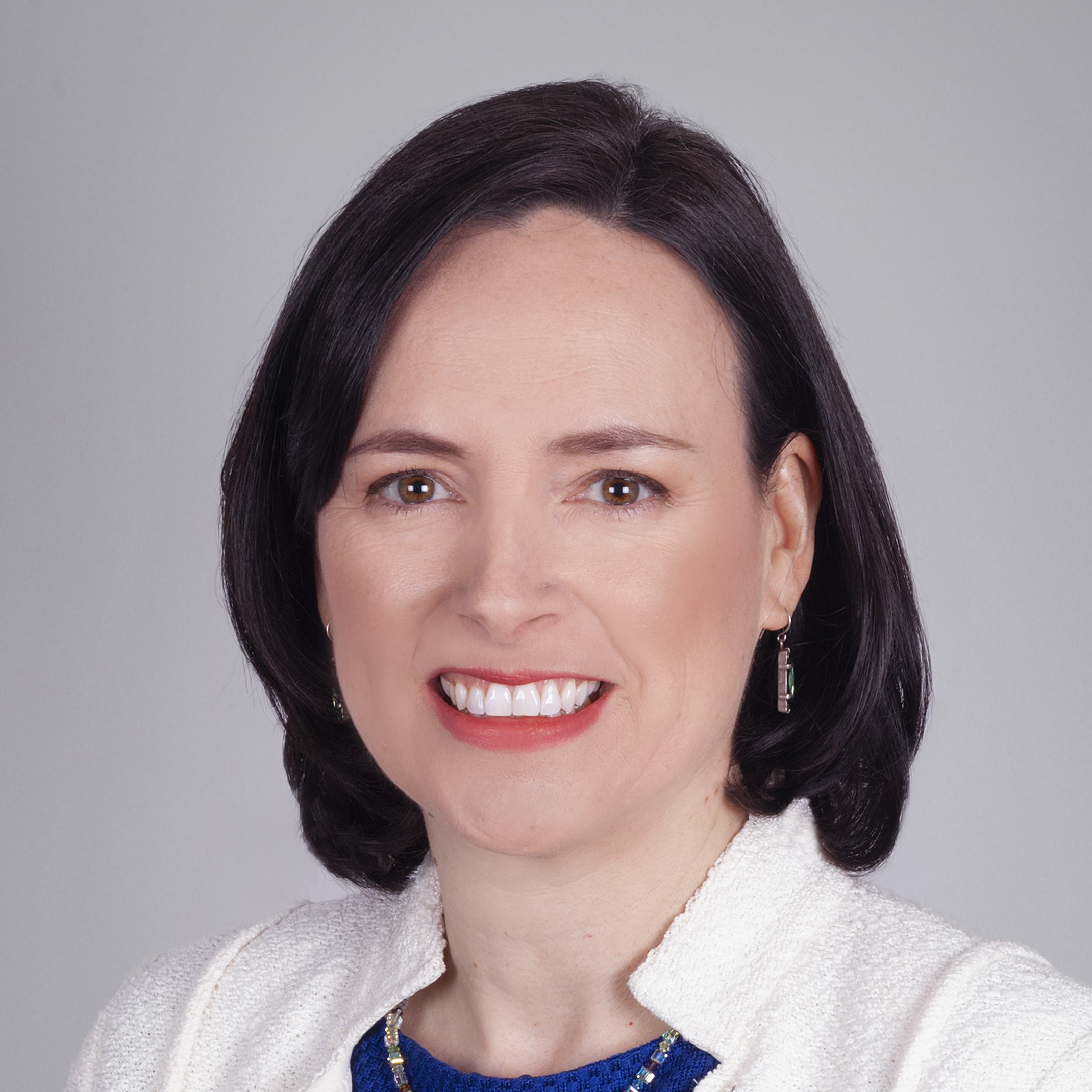As long-term investors and stewards of our clients’ capital, we seek to uncover and reflect on all kinds of quantitative and qualitative information to optimize our investment decisions. For this special Climate Week episode, Brown Advisory’s Karina Funk sits down with Dr. Ellen Stofan, Under Secretary for Science and Research at the Smithsonian. They discuss the power of information and collaboration—especially in service of big questions around reducing carbon, promoting biodiversity, creating thriving communities, and discovering life beyond our solar system.
Listen and subscribe to our podcast from your mobile device:
Guests

Ellen Stofan, Ph.D.
Under Secretary for Science and Research Smithsonian
Ellen Stofan is the Under Secretary for Science and Research at the Smithsonian. She oversees its science research centers and the National Air and Space Museum, National Museum of Natural History, and the National Zoo and Conservation Biology Institute. The Smithsonian Libraries and Archives, Smithsonian Scholarly Press and Scientific Diving Program also report to Stofan. Her focus is on the Smithsonian’s “Our Shared Future: Life on a Sustainable Planet” initiative and collective research, especially in areas of biodiversity, climate change, global health, sustainable communities and environmental justice. Previously, Stofan was the John and Adrienne Mars Director of the Smithsonian’s National Air and Space Museum (2018–2021) where she was the first woman to hold that position. Under her leadership, the museum began its seven-year renovation of its flagship building in Washington, D.C., in 2018. Stofan also oversaw the momentous celebration of the 50th anniversary of the first moon landing in July 2019 at the museum and on the National Mall. Before joining the Smithsonian, Stofan had more than 25 years’ experience in space-related organizations and a deep research background in planetary geology. She was chief scientist at NASA (2013–2016), serving as the principal advisor to former Administrator Charles Bolden on NASA’s strategic planning and programs. She helped guide the development of a long-range plan to get humans to Mars and worked on strategies for NASA to support commercial activity in low Earth orbit as it transitions from the International Space Station to sending humans to the moon and Mars in the mid-2020s. She earned her bachelor’s degree in geology at the College of William & Mary and her master’s and doctoral degrees at Brown University, both in geological sciences. While finishing her doctoral degree, Stofan joined the Jet Propulsion Lab (JPL) as a post-doctoral fellow and became the deputy project scientist for the Magellan Mission to Venus. In 1994, Stofan became JPL’s chief scientist for the New Millennium Program where she managed a team of about 100 scientists working on new technologies. The following year, Stofan moved to London while continuing to work at JPL and was, and continues to be, an honorary professor at University College London. For 13 years (2000–2013), Stofan was vice president and senior scientist at Proxemy Research, a consulting firm in the Washington area specializing in planetary research. Stofan’s research focuses on the geology of Venus, Mars, Saturn’s moon Titan and Earth. Her favorite mission was Cassini, primarily because of her interest in Titan. She has published extensively and received many awards and honors, including the Presidential Early Career Award for Scientists and Engineers and the NASA Distinguished Service Medal, and was named one of “CNN’s Extraordinary People of 2014.” She is co-author of the books Planetology: Unlocking the Secrets of the Solar System and Next Earth: What Our World Can Teach Us About Other Planets, both published by National Geographic. Stofan serves on National Geographic Society’s Board of Trustees and the Presidential Committee on the National Medal of Science.
Moderator

Karina Funk, CFA
Co-Portfolio Manager, Large-Cap Sustainable Growth Strategy; Chair of Sustainable Investing
Karina is a partner and co-portfolio manager of the Brown Advisory Large-Cap Sustainable Growth strategy (LCSG) and chair of sustainable investing. Karina joined Brown Advisory in 2009 and has extensive investment experience spanning early-stage ventures to debt and public equities. Karina is a respected leader in the investment community having been profiled in many leading financial publications, including Barron’s inaugural list of 100 Most Influential Women in Finance. She and co-portfolio manager David Powell have developed a distinctive fundamental research methodology focused on finding companies at the intersection of positive fundamental and sustainable business drivers. Karina was previously an equity research analyst for Winslow Management Co, a principal at Charles River Ventures, and an investment manager at the Massachusetts Renewable Energy Trust.
Recommended reading and viewing:
Listen Next
The Global Battle for Chips
S5 | Episode 3 | August 12, 2024
Two seismic forces that are shaping our world--deglobalization and digitization--are colliding over a single inflection point: semiconductor chips. Chips are the building blocks of the global economy, an irreplaceable enabler of tens of trillions of dollars of annual economic activity. Geopolitically, the stakes could not be higher. In this conversation, recorded at the NOW Conference in June 2024, Ben Bayat speaks with Chris Miller, author of Chip War: The Fight for the World's Most Critical Technology. They discuss the true marvel that is semiconductor manufacturing, the remarkably complex supply chain and its risks, the CHIPS act, the state of the global semiconductor industry, and the precarious national security implications of our collective reliance on these diminutive components.
